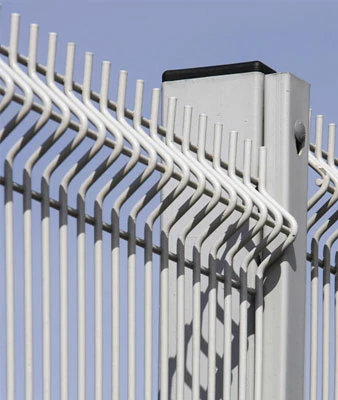type of nails for hardwood floors
The Right Type of Nails for Hardwood Floors
Installing hardwood floors is a great way to enhance the aesthetic and value of your home. However, choosing the right type of nails can significantly affect the longevity and quality of your floor installation. In this article, we will explore the various types of nails suitable for hardwood flooring, their advantages, and considerations for ensuring a successful installation.
Types of Nails
1. Finishing Nails Finishing nails are commonly used for installing hardwood floors due to their sleek design and ability to blend into the wood. Typically, they are 1.5 to 2.5 inches long and come in various gauges. The smaller diameters minimize the risk of splitting the wood during installation. While finishing nails are typically used for securing trim and moldings, they can be effective for lighter hardwood boards that don’t require more heavy-duty fastening.
2. Brad Nails Brad nails are thinner than finishing nails, making them less likely to split wood. These nails generally range from 1 inch to 2 inches in length. They are ideal for securing thin hardwood flooring or as an alternative to finishing nails for lighter applications. However, brad nails may not provide enough holding power for thicker planks or when sensitive to moisture movements, so they are best used for installations where adequate securing is guaranteed through adhesive or other methods.
3. Cleat Nails Cleat nails feature a pointed and barbed shaft that helps grip the wood. These nails are typically 1.5 to 2.5 inches long and are used for nailing down solid hardwood flooring. Cleat nails are particularly advantageous because they provide excellent holding power and can accommodate wood movement due to changes in humidity and temperature. Their design reduces the likelihood of loosening over time, making cleat nails a popular choice among professionals.
4. Staples Although not technically nails, staples are another option for securing hardwood floors. They are typically used in engineered hardwood installations and are applied using a pneumatic stapler. Staples have a wider crown which distributes force over a larger area, making them suitable for certain types of underlayment. However, it is essential to ensure that staples used are specifically graded for flooring applications to avoid any potential failure.
5. Screws While not as common, screws can also be used for hardwood flooring. They provide the strongest hold and are particularly beneficial in areas where movement is anticipated or in high-traffic spaces. Be sure to select screws designed for flooring to avoid corrosion issues, which can lead to unsightly rust stains on your hardwood surface.
type of nails for hardwood floors

Considerations for Nail Selection
Selecting the right type of nail goes beyond simply choosing between different styles. Here are several factors to consider
- Wood Thickness The thickness of your hardwood planks will dictate your nail length and style. Thicker boards require longer and sturdier nails to ensure a secure fit. - Installation Method Some nails are better suited for certain installation methods. For example, cleat nails work well with nail-down installations, whereas staples are ideal for floating or glued applications.
- Moisture and Humidity Wood floors are susceptible to expanding and contracting with changes in humidity. Choosing nails that allow for some movement can help prevent issues down the line.
- Aesthetic Preferences Some homeowners prioritize aesthetics. Using finishing nails or brad nails can hide fasteners more effectively, leading to a cleaner look.
Conclusion
Choosing the right type of nails for hardwood floors is crucial for a successful and lasting installation. Whether you opt for cleat nails, finishing nails, or screws, understanding the specific requirements of your project will help ensure an aesthetically pleasing and durable floor. Always remember to consult professionals or local codes and practices to select the best fastening method for your unique flooring needs. With the right nails, your hardwood floor can be both beautiful and enduring.
-
Space-Saving Chain Fence Hacks Vertical Gardening with Cyclone MeshNewsJul.16,2025
-
Innovations in Iron Nail Wire Production for Modern ConstructionNewsJul.16,2025
-
Creative Uses of Wire Netting Fence in Modern Landscape DesignNewsJul.16,2025
-
Barbed Wire Fence Innovations in Anti-Climb TechnologyNewsJul.16,2025
-
Architectural Uses of Umbrella Nails for Aesthetic Roof DesignsNewsJul.16,2025
-
Architectural Uses of Razor Barbed Wire in Secure Urban DesignNewsJul.16,2025




